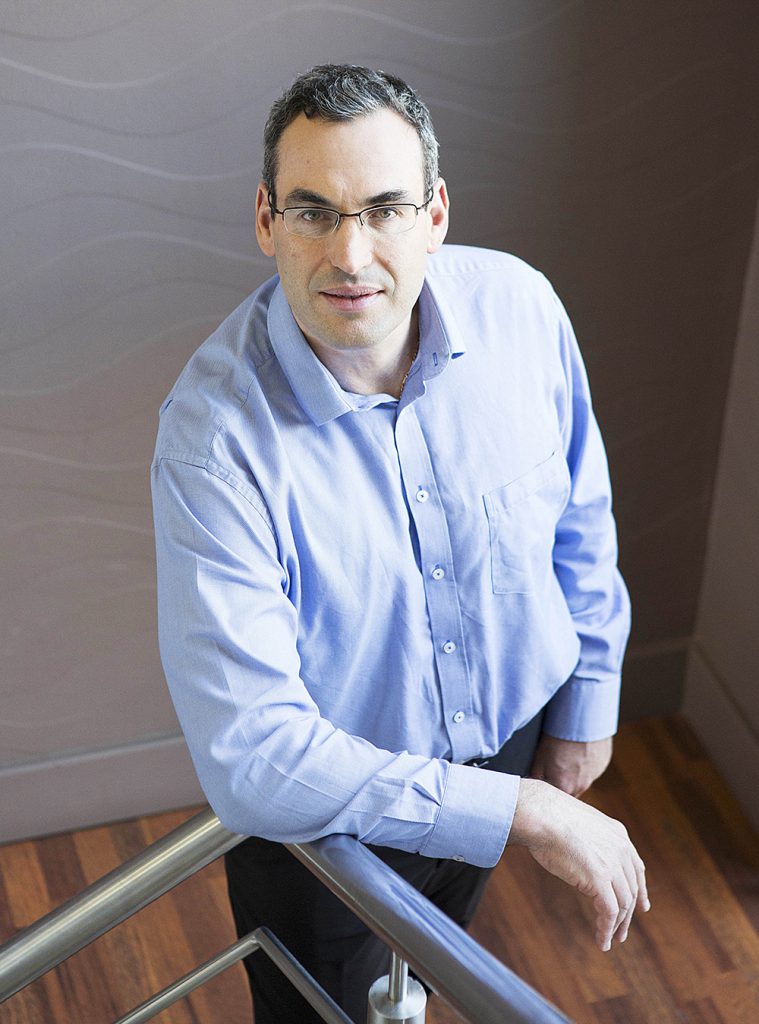The addressable market opportunity for the Internet of Things (IoT) in South Africa is predicted to grow to R24.5 billion by 2021 according the IDC and although businesses understand the value it offers, some still tend to view it as a concept rather than a business solution. However, Craig Freer, Executive Head: Cloud at Vox explains that IoT’s future is bright as there is a valid return in almost every instance.
The technology encompasses an entire ecosystem, from devices right through to business intelligence, and requires a considerable investment if a business wants to see value at each layer.
Locally, the technology is on the cusp of becoming mainstream. It is currently where cloud was a few years ago – businesses have their own definition of it, they’re uncertain and confused, but they are learning as the technology is evolving and starting to make sense of how it can be used to solve real-world business challenges.
Ask the right questions
IoT requires significant investment and skills and is not something a business should jump into if it is not serious about adopting the technology and prepared to make the necessary outlay. Before embarking on an IoT journey, businesses must ask a few tough questions that will ensure that they do their homework and the answers will help guide the journey.
The first question they should ask is whether they are going to invest and build an IoT deployment themselves or if they are going to collaborate with a specialist partner.
If a business has deep pockets, it can consider embarking on the journey itself, but it must keep in mind that this process requires substantial research, development and time before the business will see tangible results. It is all well and good to do the research and have a plan on paper, but to realise it takes an in-depth understanding of what is required at each layer, from network availability right through to the business intelligence layer.
A business has to address all of these components and if it is unable to, it should consider partnering with a company that can deliver a turnkey solution. The technology requires homework and can be a deep learning curve for some.

Consider the challenges
The main challenges to keep in mind are around network availability, devices and custom development. IoT networks are in the process of rolling out and can be compared to the early days of cellular networks where coverage was unreliable. Because deployments involve hundreds of devices going to different corners of the country, a feasibility study per device is required to make sure they can be connected.
Another challenge is that IoT devices have not hit mainstream yet with the majority being manufactured in Europe, making them pricey. However, local manufacturers are starting to emerge, that can produce these devices at a competitive price, making cost less of an obstacle. The second challenge relating to devices is that a number of them cannot be taken to market in their current state. There is a lot of talk about what a business can do with the technology, but there aren’t that many devices that can deliver on that promise.
One of the biggest challenges currently is that there isn’t a one size fits all play to IoT. Every business is different with its own unique requirements and this calls for custom development where an IoT journey is built per customer as opposed to a fairly standardised and seamless go-to-market approach.
Benefits that span sectors
Moving beyond the challenges that are surmountable, the technology has a practical use case in almost every vertical, but for now, is experiencing extensive traction in two areas. The farming sector has requirements for animal monitoring and tracking, soil and water level monitoring and tamper devices to name a few. In addition, there is a need for tracking that spans across sectors, for example finance and rental companies specifically find that they have to track their assets for recovery purposes.
Security companies are showing interest as they look to complement their services with IoT. Looking ahead at next year, the manufacturing, agricultural and retail sectors stand to benefit a great deal from investment in the technology. Companies save costs and gain functionality that they never had before, both of which add concrete value to the business.
The IoT is however much more than connected devices and encompasses a range of disciplines, from the hardware, connectivity and platform components to business and Artificial Intelligence. There is also the people element, which incorporates taking an action based on the data outcome as well as the maintenance component of replacing and fixing devices. The industry has many niche players specialising in each component, but a true IoT partner is able to offer all of these elements as an holistic service.
It is projected that by 2020, 50 billion devices will be connected globally and this proliferation of devices is going to automate our lives and our businesses. IoT’s future is bright as there is a valid return in almost every instance. The technology is cutting edge, enables businesses to innovate considerably and make better decisions for business growth.
Click below to share this article


